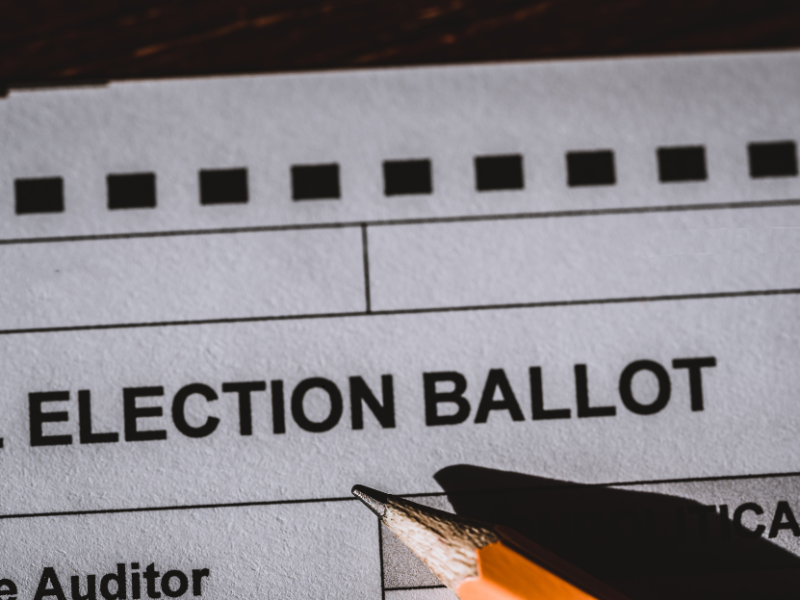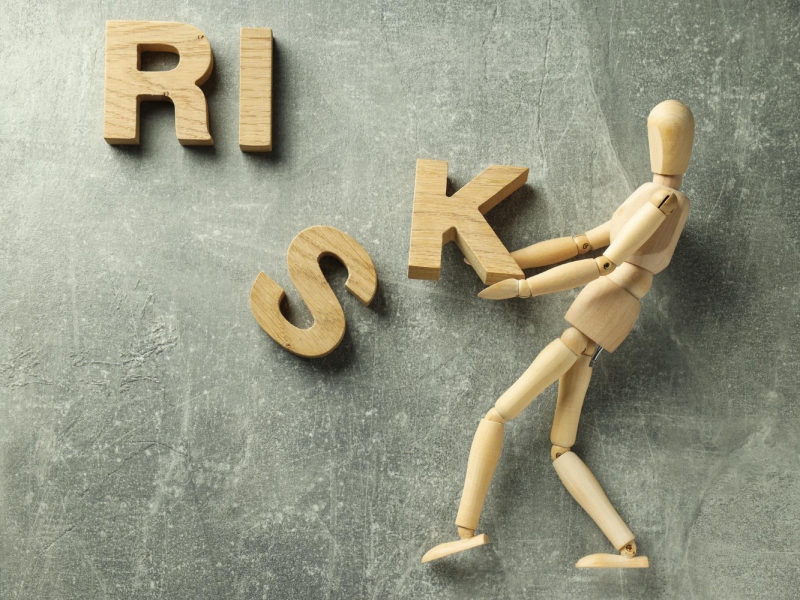
Whether you are soon to become a tech unicorn, a charity that has received major funding and is about to expand or a school that has seen significant year-on-year pupil increases – growing organisations have many reasons to celebrate.
But it is important to remember the caveat that with growth comes increased reputational risk. Greater visibility, a rising profile, evolving stakeholder needs and growing employee numbers all contribute to a heightened exposure to reputational threats and media scrutiny for growing organisations.

Policy debates are not new for senior leaders; on the contrary, many heads often enjoy entering the fray. However, with political pressure mounting on multiple fronts, the sector is somewhat beleaguered and many schools have understandably lost their appetite for making headlines.
In this blog we will cover how schools should manage these important policy debates, the risks, and mitigation measures that can be put in place for potential media approaches.

This week, the family of Wendy Jones told the BBC they want answers.
In 2019, Wendy died after an air conditioning duct fell on guests at a Pontins resort in Somerset. The police investigation is still ongoing, but in the five years since the incident, Mrs Jones’s family has never received any correspondence from Britannia head office, the owners of the Pontins resort.

Most organisations will engage in politics from time to time, whether that’s by liaising with local politicians or decisionmakers, monitoring the national conversation on relevant policy debates, or intervening on issues that are important to stakeholders. However during an election, organisations are vulnerable to being involuntarily dragged into a political campaign. Long before an election […]

Public speaking is an integral skill for leaders and a hugely important part of communicating in a crisis, and that is why our latest webinar installment focused on preparing both the voice and the mind for public speaking. During a crisis, people look to leaders to instill a sense of calm, build back trust, and […]

Battle lines are being drawn as the British public head to the polls for both a local and a general election in 2024.
Tensions always run high at election time, and most organisations will be understandably anxious to avoid getting caught in the campaigning crossfire.

The New Year has kicked off with a new Ofsted chief in town, promising that the inspectorate will show more “empathy” going forward.
Given the tragic suicide of primary school head Ruth Perry, it was the very least Sir Martyn Oliver could offer as he introduced himself in a round of media interviews.

Now is the time many businesses will be developing their 2024 business plans in anticipation for the new year ahead. Any solid business plan will assess areas for improvement and take steps to safeguard their reputation against the risks and unknowns that lie ahead. This year has seen scandals and the arrests of their own […]

September saw the latest instalment of the Alder Intelligence webinar series and the first of our termly education webinars, ‘Protecting your reputation: trends, best practice and lessons from recent cases’. Having advised on some of the most significant education news stories over the last year, Managing Director Tim Toulmin and Specialist Education Partner Sue Bishop […]